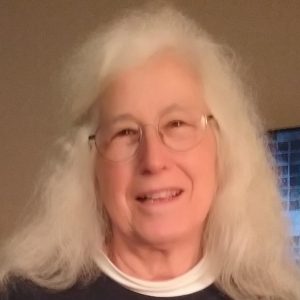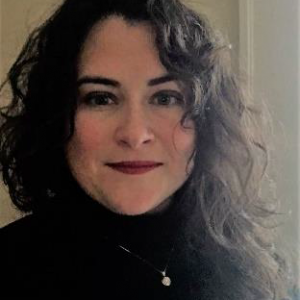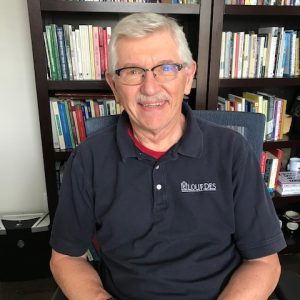Welcome Back
If you are a Program Participant, Program Facilitator, or JustFaith Network Member you are in the right place! Log in to see all your content.
Forgot your password?What our program participants are saying

Daily I am challenged to consider how my actions and purchases impact our earth and my neighbors. The Sacred Land, Sacred Air, and Sacred Water programs have helped me, as I advocate for change. Using the knowledge and resources from these modules and from fellow participants, I can send more-informed letters to my local, state, and federal politicians and agencies for environmentally sound actions and decisions.

We live in a society that has forgotten its sacred connection to the Earth. As the climate crisis advances we must actively discern our responsibility not only to this planet, but to the marginalized communities disproportionately affected by it. I was so inspired to see JustFaith Ministries tackle this timely subject in Sacred Land: Food and Farming. The program challenges not only your personal accountability, but explores ways you can advocate for sustainable practices that impact the community around you.

Transformative is the single word that comes to mind. This program challenges us to deal with (and not just examine) the reality of racial injustice on individuals, families, and communities as well as entire segments of our country. We are blessed by having multi-generational African Americans in our group that put flesh to the words of our texts that detail the impact of historical prejudices. In other words, this is not an academic exercise, this is the reality of life lived under and through the historical abuse of laws, processes, power, and privilege. You must deal with this reality.
